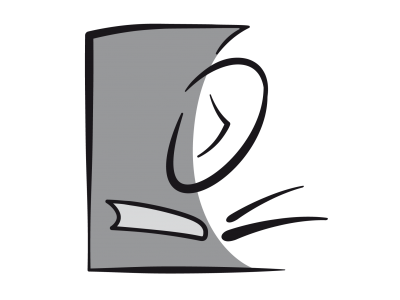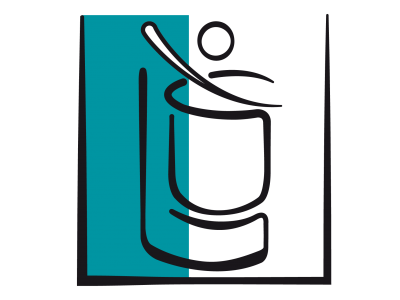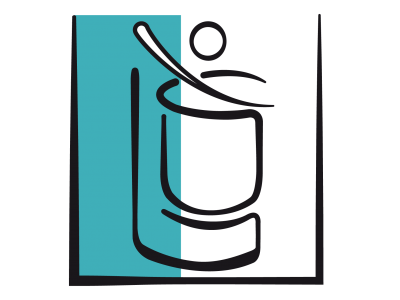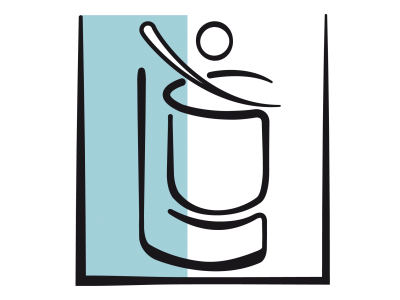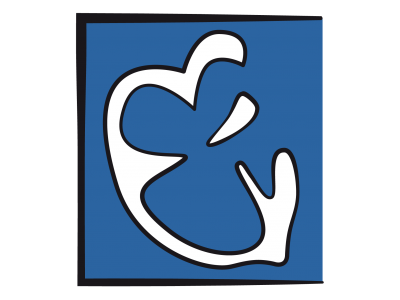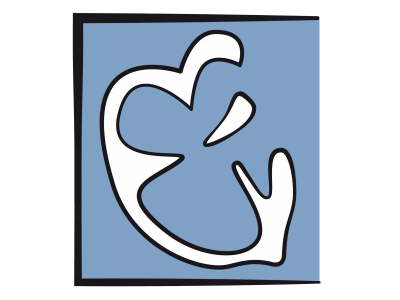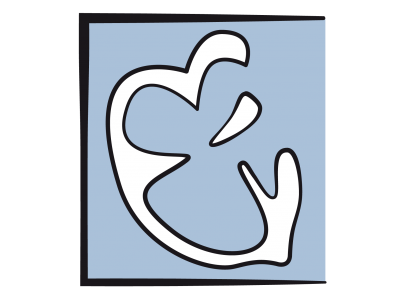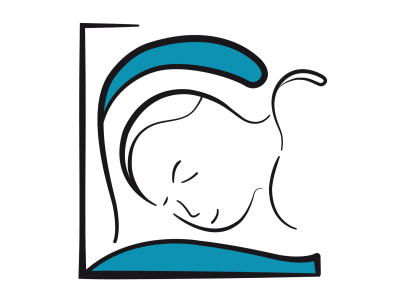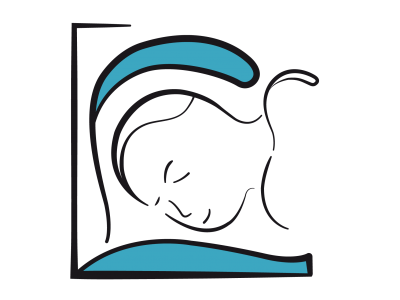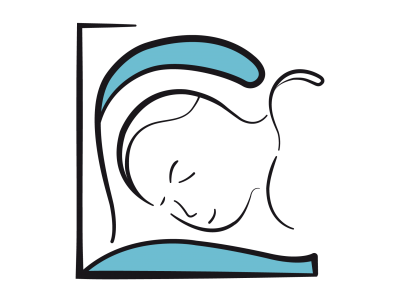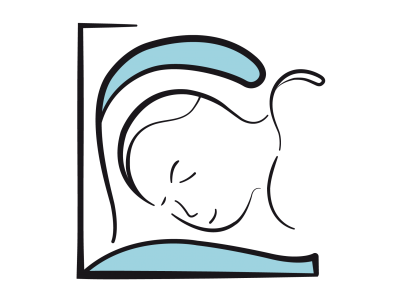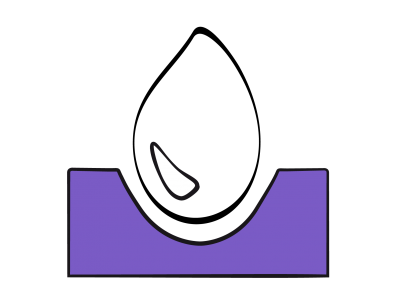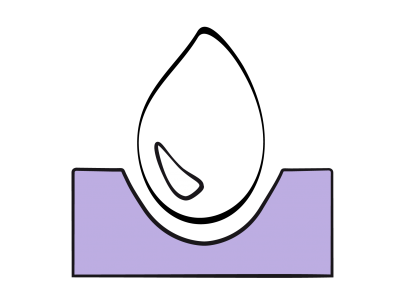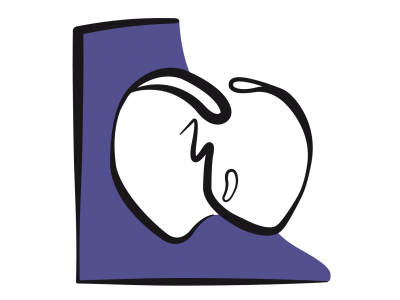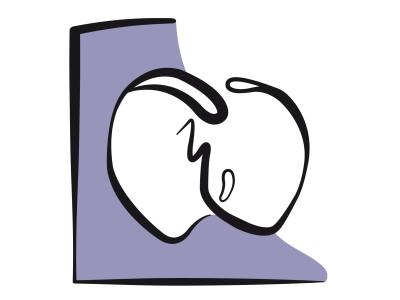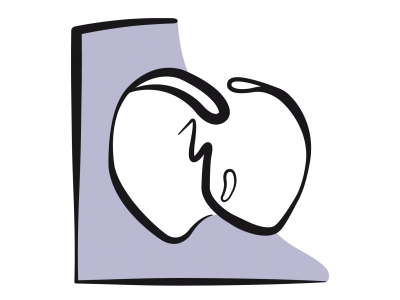Step 1 of 1
Conclusions
Perioperative management of adults with congenital heart disease is a challenge for the practitioner. Each case is unique due to the wide variety of pathologies, the different types of corrections and surgical palliations, and the long course of these diseases. The priority for anaesthetists is to clearly understand each patient’s pathophysiology and haemodynamics. This provides them with the basis on which to choose the most appropriate technique. Even though these cases are not common, they are growing in number every year. Moreover, the proportion of complex cases is increasing. Such is the extent of this trend that any anaesthetist may encounter such cases in their everyday working lives, especially in non-cardiac surgery. Since knowledge and expertise are largely focused in hospitals with paediatric congenital cardiac surgical programmes, adult patients are generally followed up in centres offering multidisciplinary consultation in cardiology and congenital heart surgery. Complex cases should be transferred to such centres for any surgical procedures. However, this can be difficult to justify for simple or medium-risk cases, or potentially impossible in emergency cases. Indeed, if such patients are involved in accidents or surgical or obstetrical emergencies, it may not be possible to transport them. It is therefore essential for all anaesthetists to have a basic knowledge of these pathologies, as they will find themselves in the critical situation of managing the recovery of these patients and deciding which patients to transport to a specialist centre and when this should occur.
© BETTEX D, CHASSOT PG, January 2008, last update May 2018
© BETTEX D, CHASSOT PG, January 2008, last update May 2018
15. Anesthesia for adult congenital heart disease patients
- 15.1 Introduction
- 15.2 Nomenclature and pathophysiology
- 15.3 Approach by pathology
- 15.3.1 Classification
- 15.3.2 Diagnostic methods
- 15.3.3 Anomalous venous returns
- 15.3.4 Atrial septal defects (ASDs)
- 15.3.5 Atrioventricular canal (AVC) defects
- 15.3.6 Ebstein anomaly
- 15.3.7 Ventricular septal defects (VSDs)
- 15.3.8 Ventricular hypoplasia
- 15.3.9 Tetralogy of Fallot
- 15.3.10 Mixed shunt
- 15.3.11 Pulmonary stenosis
- 15.3.12 Anomalies of the LV ejection pathway
- 15.3.13 Transposition of the great arteries (TGA
- 15.3.15 Coarctation of the aorta
- 15.3.14 Congenitally corrected TGA
- 15.3.16 Arterial abnormalities
- 15.4 General considerations for anesthesia
- 15.5 Conclusions

